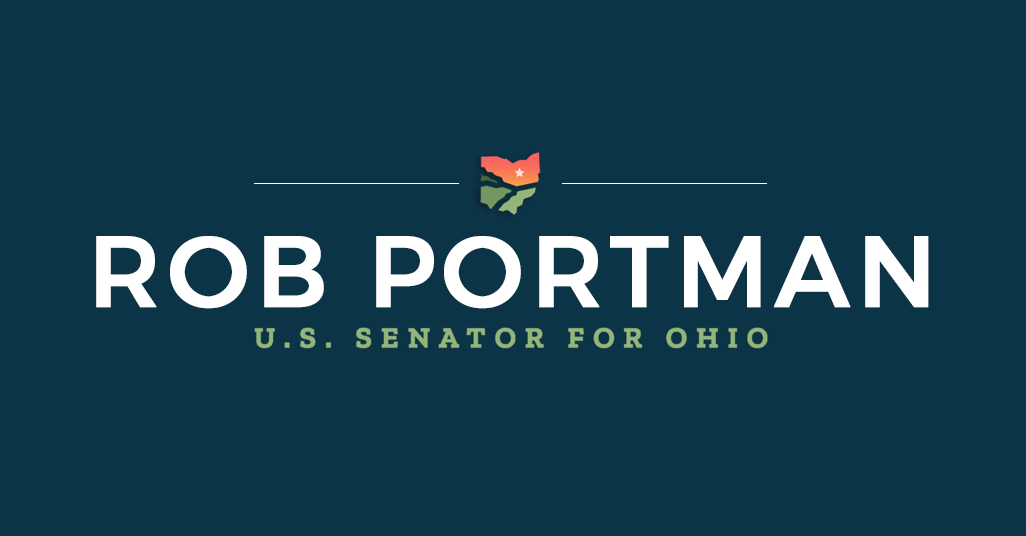Source: United States Senator for Ohio Rob Portman
November 15, 2021 | Press Releases
WASHINGTON, DC – U.S. Senators Rob Portman (R-OH) and Jeanne Shaheen (D-NH) issued the following statements after key provisions from their bipartisan Energy Savings and Industrial Competitiveness (ESIC) Act were signed into law as part of the Infrastructure Investment and Jobs Act. Portman and Shaheen were lead negotiators of the bipartisan infrastructure package that was signed into law earlier today.
“Now that the President has signed the Infrastructure Investment and Jobs Act into law, I am pleased that my common-sense measures with Senator Shaheen, to increase energy efficiency and reduce emissions across the economy, can finally go into effect,” said Senator Portman. “We need a balanced approach to protecting our environment and reducing emissions, while also safeguarding our economy and jobs – these measures accomplish just that.
“I’m thrilled that as part of the historic infrastructure deal I helped negotiate, key provisions from my energy efficiency bills with Senator Portman are now law. For years, Senator Portman and I have pushed for Congress to pass this bill and take action on the climate crisis, and I’m so pleased our bipartisan work will make a real difference,” said Shaheen. “Time is of the essence as we face climate change, and our bill takes critical action by reducing emissions and boosting the resilience of buildings. I’m pleased President Biden signed these once-in-a-generation investments into law – ensuring both our infrastructure and our workforce are poised to lead in the 21st century while safeguarding our environment.”
Provisions from the ESIC Act include:
- $150 million from FY 2022-2026 to fund centers that identify opportunities for optimizing energy efficiency at manufacturing and industrial facilities;
- A $45 million annual grant program from FY 2022-2026 to implement cost-effective building codes for efficiency and resilience;
- A $10 million grant program for FY 2022 at higher education institutions to establish building training and assessment centers to implement modern building technologies;
- A $10 million grant program for FY 2022 to invest in career training programs for students to receive certificates to build energy efficient buildings technologies;
- The creation of technical assessments for manufacturers to maximize energy efficiency, prevent pollution, improve water usage, conserve natural resources and more;
- A requirement for information-sharing between the EIA and Environmental Protection Agency (EPA) related to commercial energy consumption data.
In addition to ESIC, the bipartisan infrastructure package also includes the Smart Manufacturing Leadership Act, legislation introduced by Portman and Shaheen that will help manufacturers improve energy efficiency, create jobs and secure a more competitive position in the marketplace. By 2040, an estimate from ACEEE determined the legislation would save consumers $5 billion in energy costs and reduce carbon emissions equivalent to taking 116 million cars off the road. The bipartisan infrastructure package also included Portman and Shaheen’s Promoting American Energy Jobs Act, which would create Energy Jobs Council at the Department of Energy (DOE) and require the DOE to conduct a survey and analysis of the employment figures and demographics in the energy, energy efficiency, and motor vehicle sectors of the United States.
###
